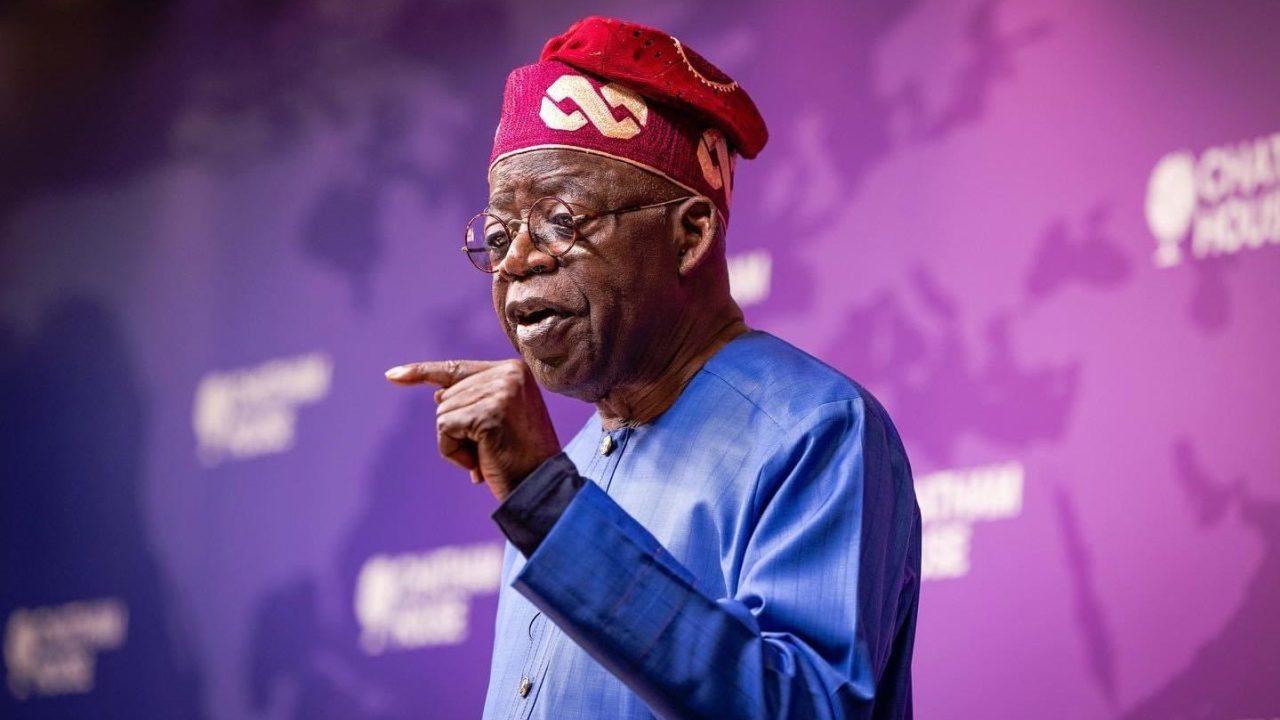Nigeria’s political landscape has always been dynamic and full of intrigue. As the most populous country in Africa, Nigeria plays a pivotal role in shaping the continent’s future.
In this article, we delve into the life, achievements, and political journey of Bola Ahmed Tinubu, who has emerged as the President-Elect of Nigeria. Join us as we explore the story behind this influential figure and what his presidency might mean for the nation.
Early Life and Background
Bola Ahmed Tinubu was born on March 29, 1952, in Lagos State, Nigeria. His humble beginnings in the city’s Mushin neighborhood laid the foundation for his remarkable rise in politics. Tinubu obtained his primary and secondary education in Lagos before traveling to the United States to further his studies. He attended Richard J. Daley College in Chicago, Illinois, and later earned a Bachelor of Science degree in Accounting from Chicago State University.
Political Career
Upon his return to Nigeria, Tinubu plunged into politics, driven by a desire to contribute to his country’s development. In 1992, he was elected to the Nigerian Senate, representing the Lagos West constituency. His commitment to the welfare of the people and his astute political acumen quickly gained him recognition within his party, the Social Democratic Party (SDP).
Tinubu’s political career took a significant turn in 1999 when Nigeria transitioned to democracy. He co-founded the Alliance for Democracy (AD) and successfully campaigned for the position of Governor of Lagos State. Under his leadership, Lagos witnessed significant transformations, including improvements in infrastructure, education, healthcare, and public transportation.
Political Influence and Legacy
Often referred to as the “Jagaban,” a Yoruba term meaning “leader of warriors,” Tinubu is widely recognized for his political influence and strategic maneuvering. His ability to forge alliances and build formidable political structures has made him a force to be reckoned with in Nigerian politics.
Tinubu’s impact extends beyond Lagos State. He played a pivotal role in the formation of the All Progressives Congress (APC), a coalition of opposition parties that brought about the defeat of the incumbent party in the 2015 presidential election. This victory marked a historic shift in Nigerian politics and laid the groundwork for his own presidential aspirations.
President-Elect and Future Prospects
After a closely contested presidential primary within the APC, Bola Ahmed Tinubu emerged as the party’s presidential candidate for the 2023 general elections. Riding on a wave of support from his loyal followers and a reputation for effective governance, Tinubu successfully won the hearts of Nigerians across different regions.
As Nigeria’s President-Elect, Tinubu faces the monumental task of steering the country toward progress and unity. His track record as a visionary leader and his experience in governance position him to tackle the nation’s challenges, including economic development, security, infrastructure, and social welfare.
Conclusion
Bola Ahmed Tinubu’s journey from humble beginnings to becoming Nigeria’s President-Elect is a testament to his resilience, political acumen, and commitment to public service. With his impending presidency, Nigerians have high expectations for the transformational change he can bring to the nation.
As Tinubu assumes office, the eyes of the nation and the international community will be on him. Nigeria, with its vast resources and diverse population, is at a crucial crossroads. The hope is that under Tinubu’s leadership, the nation will experience inclusive growth, strengthened institutions, and a brighter future for all Nigerians.




 Naira4 weeks ago
Naira4 weeks ago




 Naira4 weeks ago
Naira4 weeks ago




 Naira4 weeks ago
Naira4 weeks ago




 Naira3 weeks ago
Naira3 weeks ago
 Commodities4 weeks ago
Commodities4 weeks ago


 News4 weeks ago
News4 weeks ago
 Travel4 weeks ago
Travel4 weeks ago




 Naira3 weeks ago
Naira3 weeks ago















